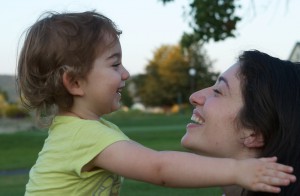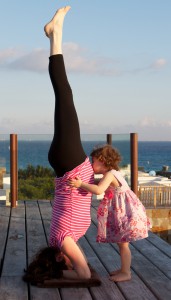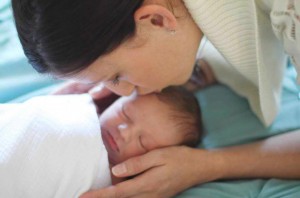 Like many conversations with children, it’s almost innate: “What book is your favorite?” “Which ice cream flavor is your favorite?” “You like Sesame Street? Which character is your favorite?”
Like many conversations with children, it’s almost innate: “What book is your favorite?” “Which ice cream flavor is your favorite?” “You like Sesame Street? Which character is your favorite?”
Harmless, right?
It seemed so. But as I watched my daughter integrate the implications of this question, it created a shift in perception that was dark and disappointing.
It happened around age 3. At first, it was a total anomaly to her. What is this “favorite” they’re asking about? Initially she didn’t respond to the question. But it kept on coming.
As understanding dawned, she took some time to process this new idea. It was as if I could see the wheels turning in her head. “You want me to rank these things, to put something above something else.”
Toddlers are full of joy, wonder and amazement. They love everything — well, most things — and they shower those they trust with unconditional love.
So this shift from unconditional to conditional was difficult for me to anticipate — I’d never read or heard another parent’s account of the conceptual shift — and altogether disappointing.
Suddenly my child, who’d embraced her surroundings with the wonder we all aspire to, had somehow become jaded. For her world had categories. And these categories not only elevated some things — the effect we’d anticipated — but they also made others worse.
Serendipitously, around the same time that her understanding of favorites took hold, we hired a fantastic babysitter. She was fun, childlike, compassionate, and she brought her ukelele with her to let my daughter play with it.
After one session with her, my 3 year old approached me, darkness in her eyes.
“Mommy,” she said, “Steph is my favorite person.” I was taken aback. Deep breath. “How wonderful that you love your new babysitter!” I managed with genuine enthusiasm. But her small, pensive face was clouded with conflict.
What could it mean to a developing toddler, to feel she has to rank someone above the person who for her whole life was her safe place? How might that compromise her feeling of safety, of attachment?
I did my best to explain that we could like “this and that.” That people didn’t need to be ranked above other people. That parents especially didn’t need to be ranked. We have special relationships with our parents, and they will always be special in ways that other relationships aren’t.
But it was too late. Sure, my ego was bruised briefly. But for her, the concept of favorites made her world a little less safe, a little less open and a little less welcoming. For suddenly she felt compelled to make and declare a choice that somehow lessened her primary relationship.
If I could take it back, I would.
In our world, it’s not altogether realistic to avoid the concept of favorites. It will emerge eventually. But to extend that joyful, unconditional innocence of toddlerhood, I’ll do my best to keep “favorites” out of my vocabulary the second time around.
What is your experience introducing the concept of favorites to your children?







